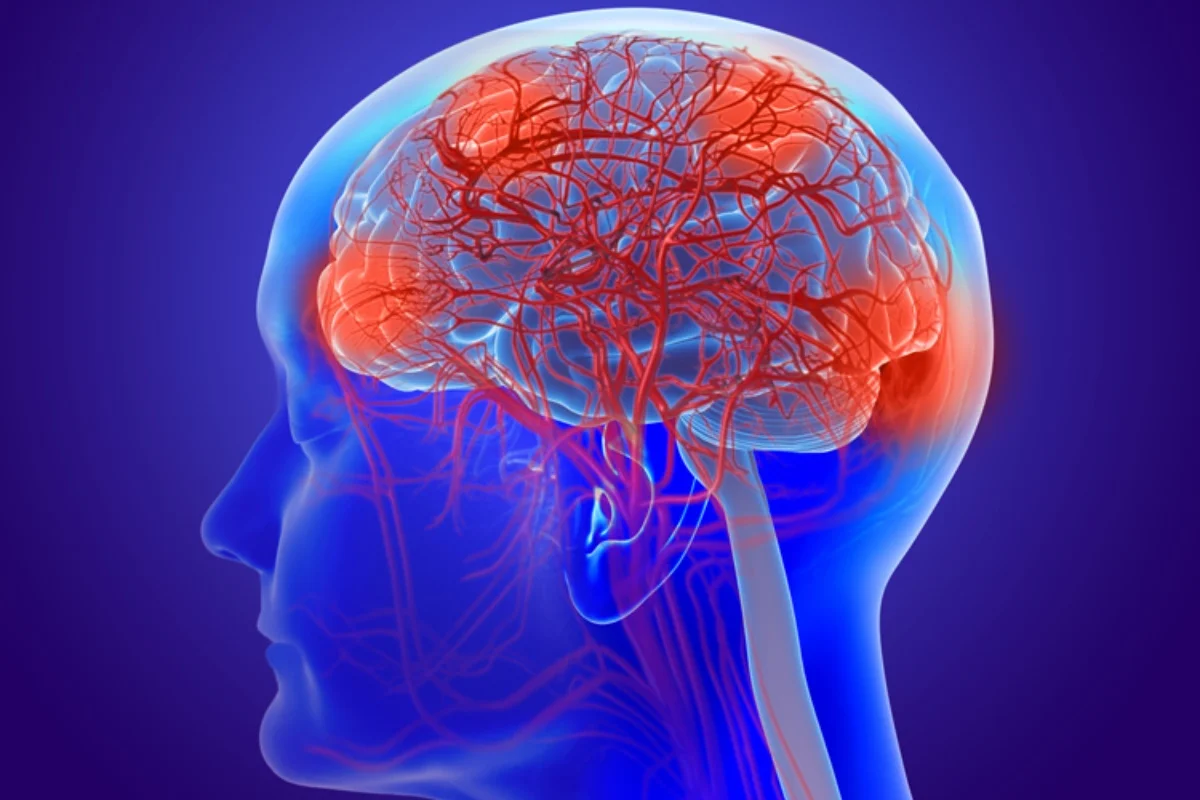Across the world, over 55 million people live with Dementia, and the WHO warns this could almost double by 2050. The increase highlights the urgent need to recognise cognitive decline early to help in reversing Dementia.
It does not begin with sudden memory loss but with subtle mental shifts. These small but telling signs lead us to look deeper into what truly unfolds beyond simple forgetfulness, the early changes within the mind itself.
Understanding Dementia: Beyond Simple Memory Loss Symptoms
Cognitive decline often begins with subtle changes in daily behaviour before memory loss becomes noticeable. Dementia’s early signs in midlife often appear as difficulty following conversations or organising simple tasks. They extend beyond forgetting names or faces, showing deeper cognitive strain.
Such shifts can appear years before diagnosis, affecting mood and decision-making sharply. Laila St. Matthew-Daniel, a noted mind and behaviour coach, explains that the brain shows three clear warning signs. These early cues signal the need to stay alert and act before the decline deepens so that one can reverse it.
Dementia Early Signs: Cognitive Shifts One Year Prior
According to mind and behaviour coach Laila St. Matthew-Daniel, the year before Dementia takes hold, the brain begins showing small but significant changes. These signs often link to earlier shifts in conversation skills, task management, and problem-solving mentioned earlier. Recognising them can help take proactive steps before the decline worsens.
- You walk into a room and forget why you went in.
- Losing focus during simple tasks.
- Feeling more irritable and experiencing unexplained mental fog.
These subtle cues often signal the first stage of cognitive decline and make early action essential.
Physical Precautions For Brain Health And Dementia Prevention
Maintaining good circulation is vital for brain health, and tips aimed at lowering dementia risk. Regular exercise, even brisk walking daily, improves oxygen flow to the brain. Balanced eating, including leafy greens, omega-rich fish, and avoiding processed sugars, supports cells against degeneration.
Adequate sleep helps memory consolidation by allowing brain cells to repair overnight. These adjustments form a shield against cognitive decline, naturally leading towards changes in daily habits.
Lifestyle Adjustments That May Reduce Dementia Risk
Reducing chronic stress may slow cognitive decline and improve overall mental sharpness. Engaging in mental activities like puzzles, reading, or learning new skills stimulates neural connections.
Limiting alcohol intake and staying socially active promotes resilience against warning signs of Dementia. Regular meditation can also help regulate mood and improve focus, adding to brain health tips that boost protective factors. These patterns naturally lead to the importance of timely detection.
Screening And Early Detection For Better Outcomes
Early signs of Dementia in midlife are best addressed through a timely medical evaluation. Screening includes memory tests, neurological exams, and sometimes brain imaging to assess changes. Early detection can help doctors recommend tailored lifestyle changes and therapies to slow progression.
Regular check-ups enable tracking of subtle shifts in cognitive decline before severe symptoms emerge, improving long-term management and quality of life. All this comes back to acting promptly and wisely.
Timely recognition of Dementia early signs makes preventive measures and lifestyle adjustments far more effective in protecting brain health. It will also help in reversing the decline of memory loss.
Disclaimer: This content, including advice, provides general information only. It is not a substitute for a qualified medical opinion in any way. The methods and claims mentioned in this article should be considered as suggestions only; DNP India neither confirms nor denies them. Always consult a doctor before following any such suggestions/treatments/medications/diets.
